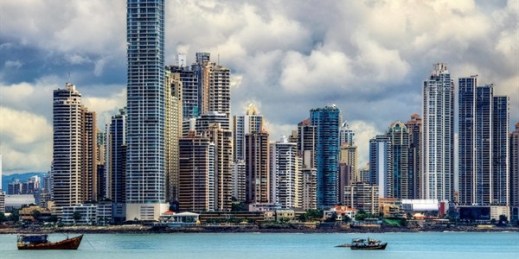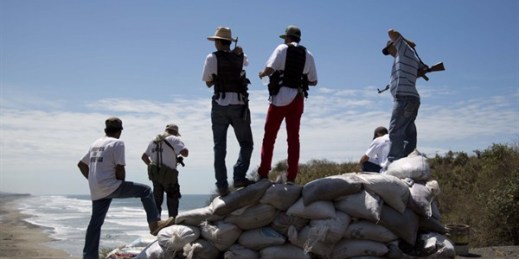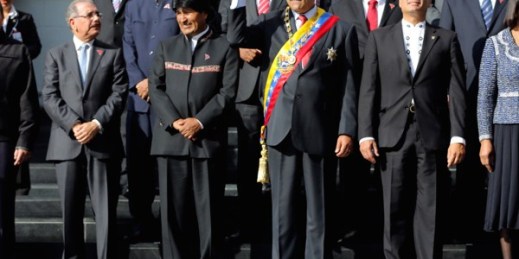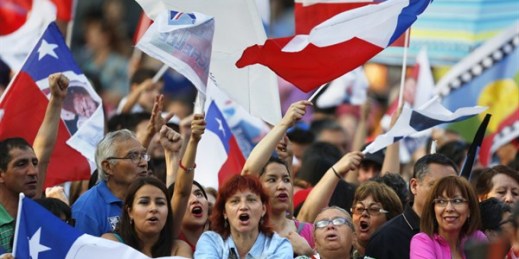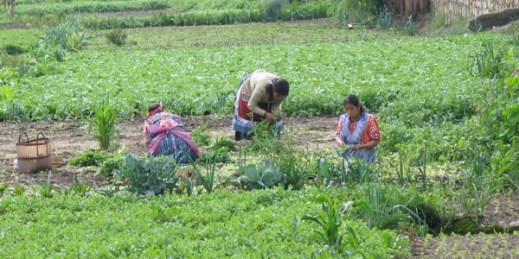
While poverty and violence have pushed thousands of Central Americans to take the long and dangerous trek to the United States, the embattled region now faces another challenge: Droughts and torrential rains have all but ruined the harvests of hundreds of thousands of impoverished farmers in Guatemala, El Salvador, Honduras and Nicaragua. And even though climate extremes were exacerbated in recent years by temporary weather phenomena, ill-prepared governments and climate change have put food security in the region permanently at risk. This summer, the most severe drought in over four decades hit the so-called Dry Corridor, a subtropical highland area […]

